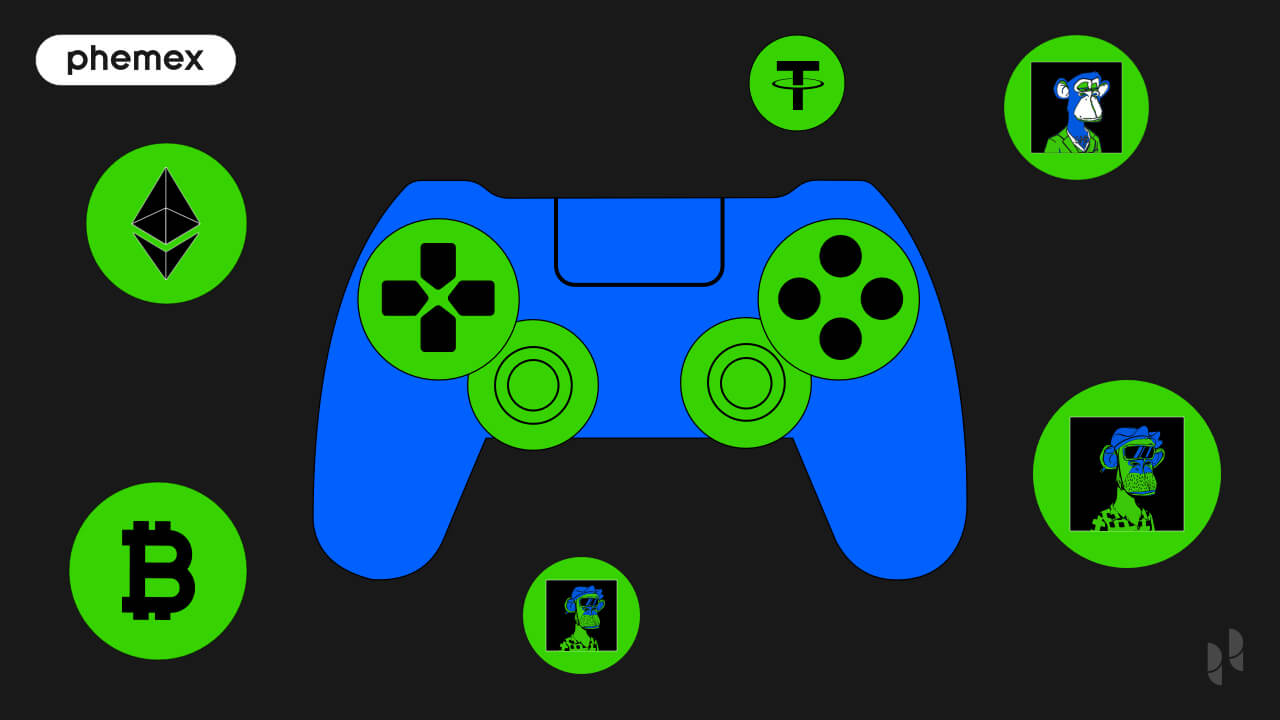Key Takeaways:
- Metaverse economies rely on virtual assets, NFTs, and blockchain-based currencies for value creation.
- Players and creators drive economic activity, earning and trading assets within immersive digital worlds.
- Understanding governance, marketplaces, and tokenomics is crucial for anyone entering the metaverse.
What Are Metaverse Economies?
The metaverse is no longer just a sci-fi concept; it is an evolving digital ecosystem where users interact, create, and trade. At its core, a metaverse economy functions much like a real-world economy but in a virtual environment. Users spend, earn, and invest digital assets, including cryptocurrencies, NFTs, and in-game items. These economies are powered by blockchain technology, which ensures transparency, ownership, and scarcity of digital assets.
Unlike traditional online games or platforms, metaverse economies enable real-world value exchange. For instance, a digital land parcel in a virtual world can appreciate in value, and its owner can trade it for cryptocurrency, effectively turning virtual activity into tangible wealth.
Key Components of a Metaverse Economy
1. Digital Assets and NFTs
Non-fungible tokens (NFTs) play a pivotal role in metaverse economies. NFTs represent unique digital items, from artwork and avatars to virtual real estate. Their scarcity and verifiable ownership make them valuable in digital marketplaces. Players and creators can earn income by selling, trading, or leasing these assets.
2. Tokenomics and Virtual Currencies
Most metaverse platforms have their own native tokens or digital currencies. These tokens are used for transactions, rewards, and governance decisions. Understanding the supply, demand, and utility of these tokens—known as tokenomics—is critical for participating in and profiting from metaverse activities.
3. Marketplaces and Trading Platforms
Marketplaces facilitate buying, selling, and trading digital assets. Platforms like OpenSea, Decentraland Marketplace, and The Sandbox’s marketplace allow users to list NFTs, auction rare items, or exchange tokens. These digital marketplaces operate 24/7, mirroring global economic dynamics on a decentralized scale.
How Users Earn in the Metaverse
Metaverse participants can generate income in multiple ways:
- Play-to-Earn (P2E) Games: Players earn cryptocurrency or NFTs by completing in-game tasks, winning competitions, or achieving milestones.
- Digital Real Estate: Investors buy, develop, and lease virtual land, creating opportunities similar to real-world property investment.
- Content Creation: Artists, designers, and developers can sell virtual assets, experiences, or services to other users, fostering a creator-driven economy.
These opportunities highlight the blurred line between digital entertainment and real-world economic activity. However, earnings are subject to market dynamics, platform popularity, and token volatility.
Governance and Economic Sustainability
Metaverse economies often include governance models that allow users to influence decision-making. Through decentralized autonomous organizations (DAOs), participants can vote on platform rules, economic policies, and development priorities. This democratic approach ensures that economies remain user-driven, balancing growth with sustainability.
Additionally, platforms must manage token inflation, digital asset scarcity, and economic incentives carefully. Poorly structured economies risk collapsing if demand drops or assets lose value. Understanding these risks is essential for anyone navigating the metaverse.
Conclusion: Entering the Metaverse Economy
Metaverse economies are redefining how value is created, exchanged, and governed in digital spaces. By learning about NFTs, tokenomics, marketplaces, and governance structures, beginners can engage confidently and responsibly. As digital worlds continue to expand, early participants have the potential to shape both the economic and cultural landscapes of the metaverse.
The key to success lies in research, understanding market dynamics, and staying informed about emerging platforms and opportunities. In the metaverse, knowledge is not just power—it’s currency.
Disclaimer: The information in this article is for general purposes only and does not constitute financial advice. The author’s views are personal and may not reflect the views of GameDegen.com. Before making any investment decisions, you should always conduct your own research. GameDegen.com is not responsible for any financial losses.




